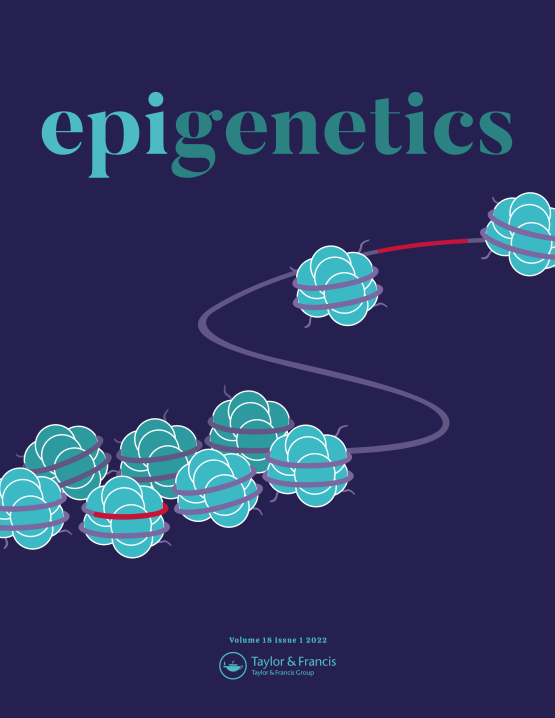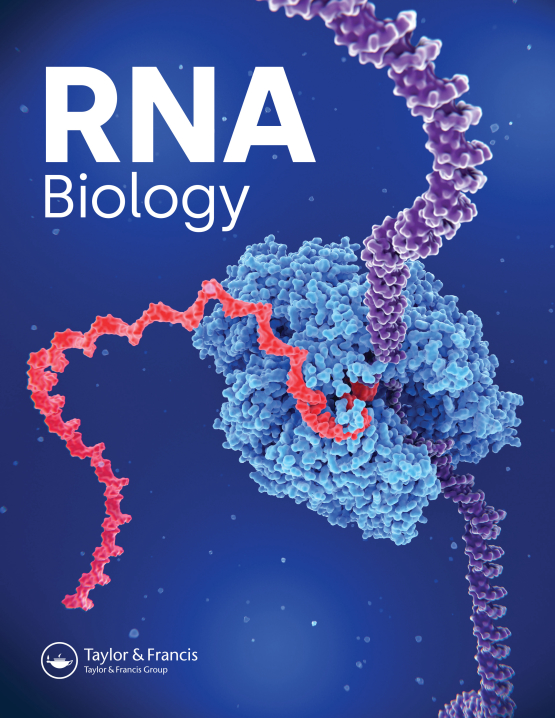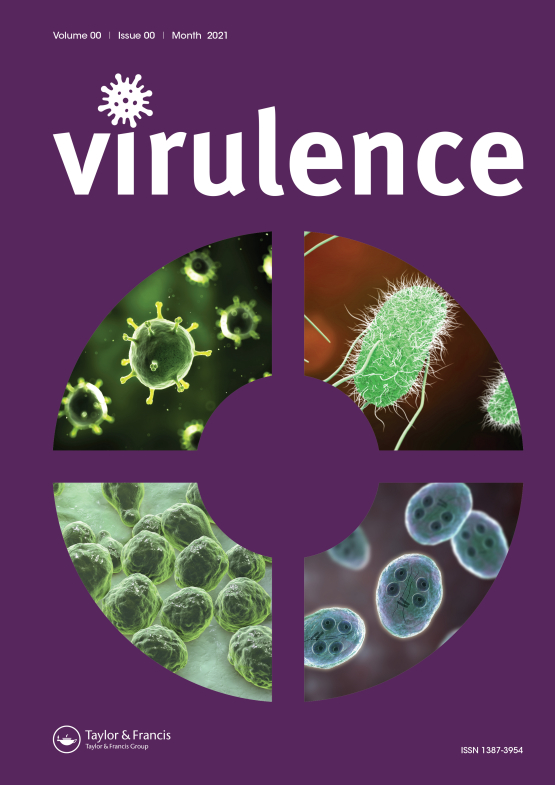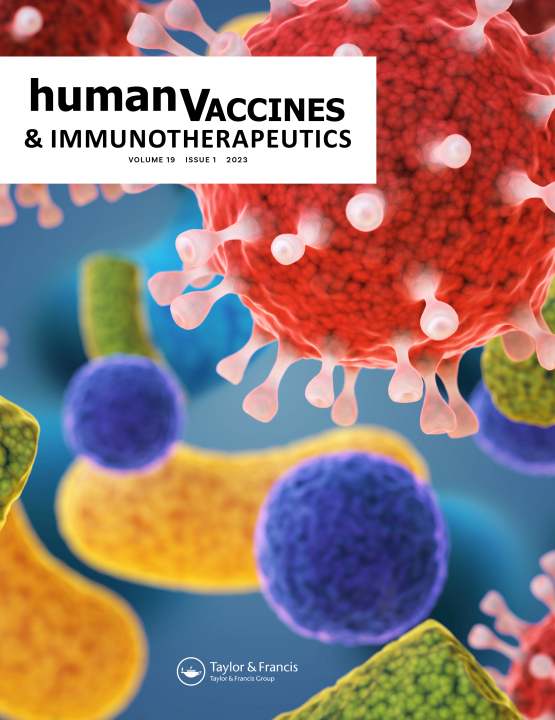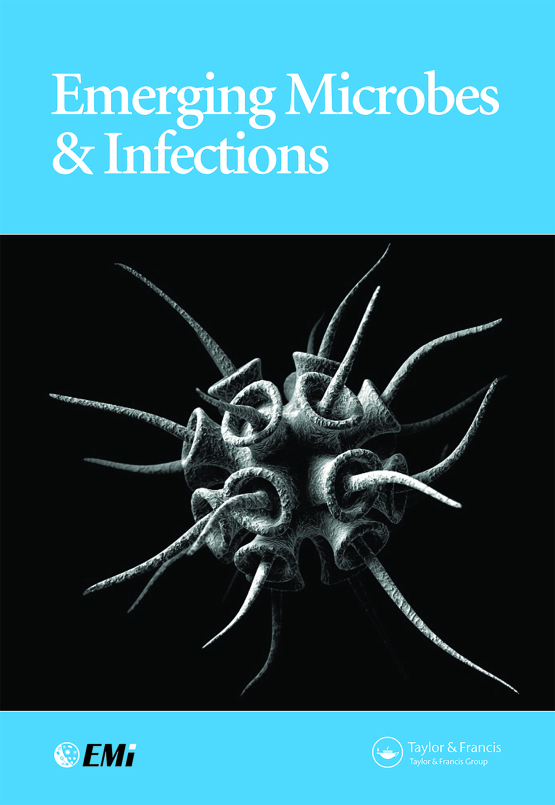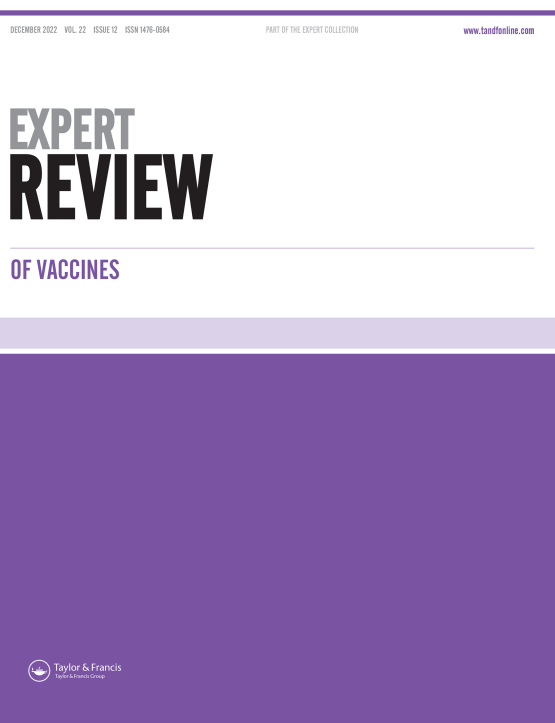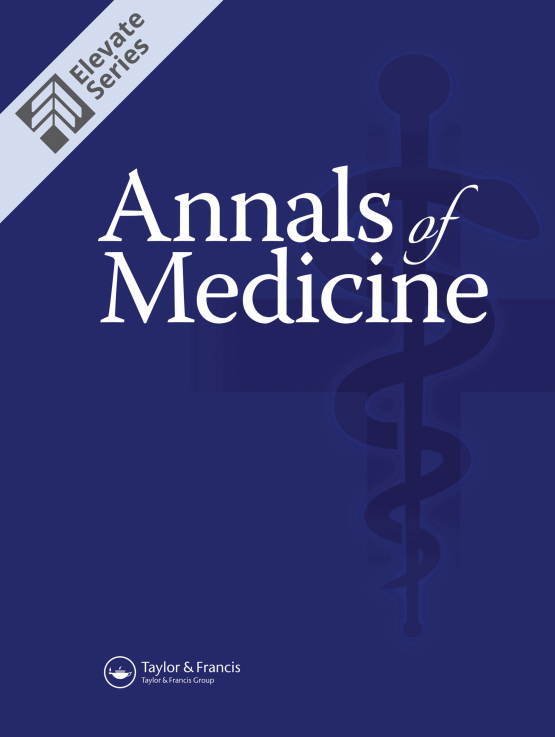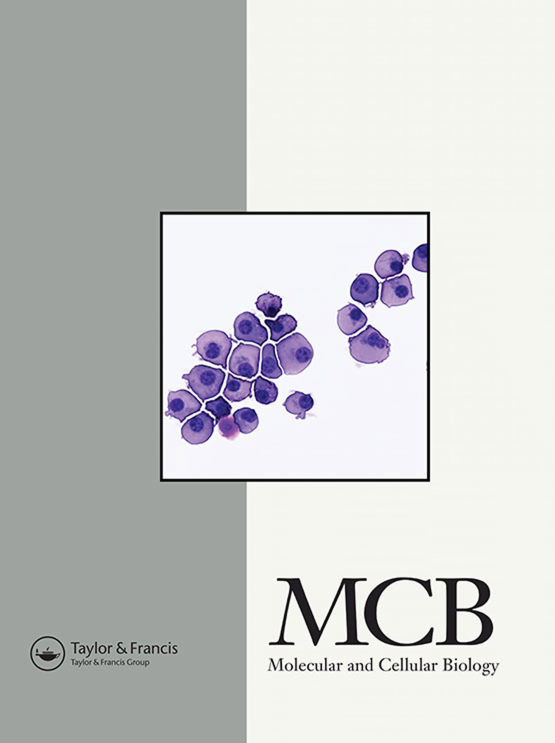Time to make an impact
Publish your research, make change
Taylor & Francis welcomes a broad range of research submissions pertaining to RNA and Vaccine Development.
Contribute your impact and make real world change by publishing in any of our top journals.
As always we look forward to pushing scientific boundaries, and fostering human progress through knowledge.

“Realization of the much-heralded advent of RNA vaccines with the successful mass treatment of COVID-19 arguably begins to draw down the second age of (recombinant) vaccines and opens the way for a plethora of new prophylactics and immunotherapy for previously intractable, virulent infections as diverse as gastric carcinoma and malaria. This third generation of new RNA vaccines are identified by reverse vaccinology; genomics led, forged at the interface of pathogen biology and RNA technology, and seasoned in the real word experience of clinical trials.”
Kevin Tyler, Editor in Chief; Virulence
Open Access Journal
Go to
Journal metrics
Latest articles
Author Instructions
Open Access Journal
Go to
Journal metrics
Latest articles
Author Instructions
Open Access Journal
Go to
Journal metrics
Latest articles
Author Instructions
Open Access Journal
Go to
Journal metrics
Latest articles
Author Instructions
Research in action
Coronavirus disease 2019—Historical context, virology, pathogenesis, immunotherapy, and vaccine development
The current Coronavirus Disease 2019 (COVID-19) pandemic is causing great alarm around the world. The pathogen for COVID-19 – severe acute respiratory syndrome coronavirus 2 (SARS-CoV-2)
RNA has been increasingly recognized as the central molecule in all life with new functions uncovered by the year. With the unfolding of the Covid-19 pandemic, RNA has forcefully entered the field of biomedicine. RNA-based Covid-19 vaccines were spectacularly successful in helping to bring the pandemic under control, thus providing further impetus to developing additional RNA vaccines for both infectious diseases and cancer
-Ron Ellis (Human Vaccines EiC) and Adam Weiss (Acquisitions Editor for Human Vaccines, Virulence, and RNA Biology), February 2023
Making an Impact
Hepatitis B vaccine development and implementation
Vaccination against hepatitis B is the most effective strategy to control HBV infection. The first licensed hepatitis B vaccine was developed by the purification of hepatitis B surface antigen (HBsAg) from plasma of asymptomatic HBsAg carriers. Then, the recombinant
Open Access Journal
Go to
Journal metrics
Latest articles
Author Instructions
Open Access Journal
Go to
Journal metrics
Latest articles
Author Instructions
Open Access Journal
Go to
Journal metrics
Latest articles
Author Instructions
Allows Open Access Submissions
Go to
Journal metrics
Latest articles
Author Instructions
Your Research, Your Impact
Check out the latest research from our top journals in the RNA and Vaccine Development sections.


Check out our Pride Month Collection
Pride Month 2023 is here! To celebrate Pride Month, we have conducted a series of interviews with researchers, scholars, PhD students, librarians, and writers to provide a platform for those in the academic and LGBTQIA+ community to share their stories and experiences as part of both communities. We’ve also put together a collection of articles and journals for you to read, free of charge, until the end of the year!
